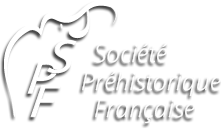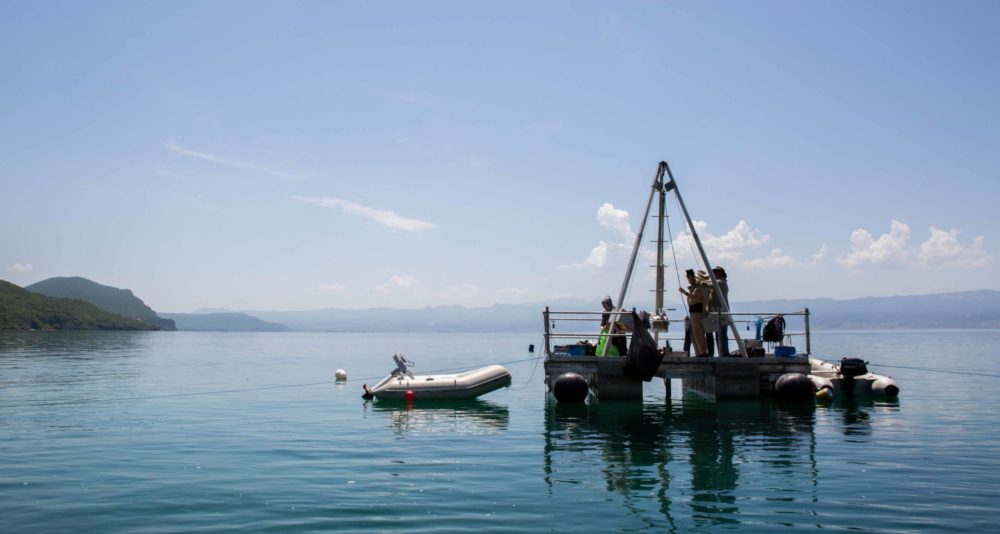 Actualités
Actualités 
Vu sur le web
Understanding how human societies responded to past challenges of environmental change
European societies today face unprecedented environmental change. Understanding how human societies responded to past challenges of environmental change relates to the interface between culture and environment. The EXPLO project proposes a novel interdisciplinary approach to investigate key questions regarding the interaction between past human ways of life, land use and the wider environment through a unique combination of archaeological, biological and dynamic mathematical modelling approaches.
The lakes in the south of the Balkans (northern Greece, North Macedonia and Albania) are a unique archive of European cultural and environmental history which have hardly been explored until now. Now this international team, created at the initiative of the University of Bern, wants to use this treasure trove of information. The five-year project is named EXPLO (short for ‘Exploring the dynamics and causes of prehistoric land use change in the cradle of European farming’) and will break new ground by combining underwater archeology with methods used by ecologists, biologists and climate scientists for the very first time. And it employs dynamic computer models in order to reconstruct the interaction between the climate and humans. The aim is to try to understand the adjustment strategies used by early farming communities to react to changing climate and environmental conditions.
Menu
- Team
- News & Events
- Scientific Publications
- In the Media
- Partnerships, Collaborations and Support
Via Neolithic Miscellany




